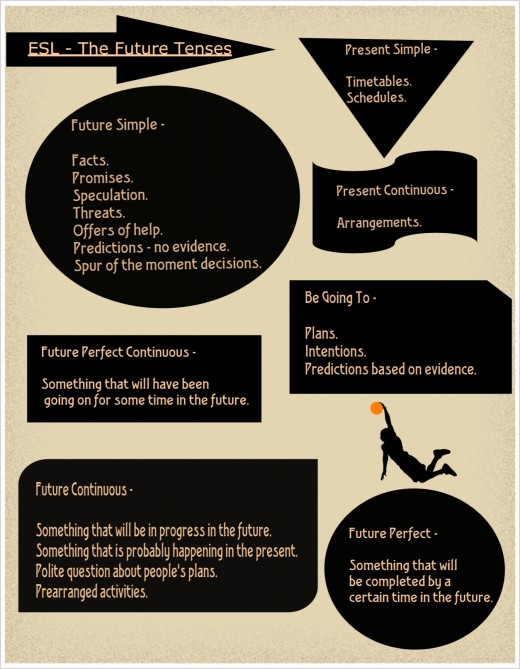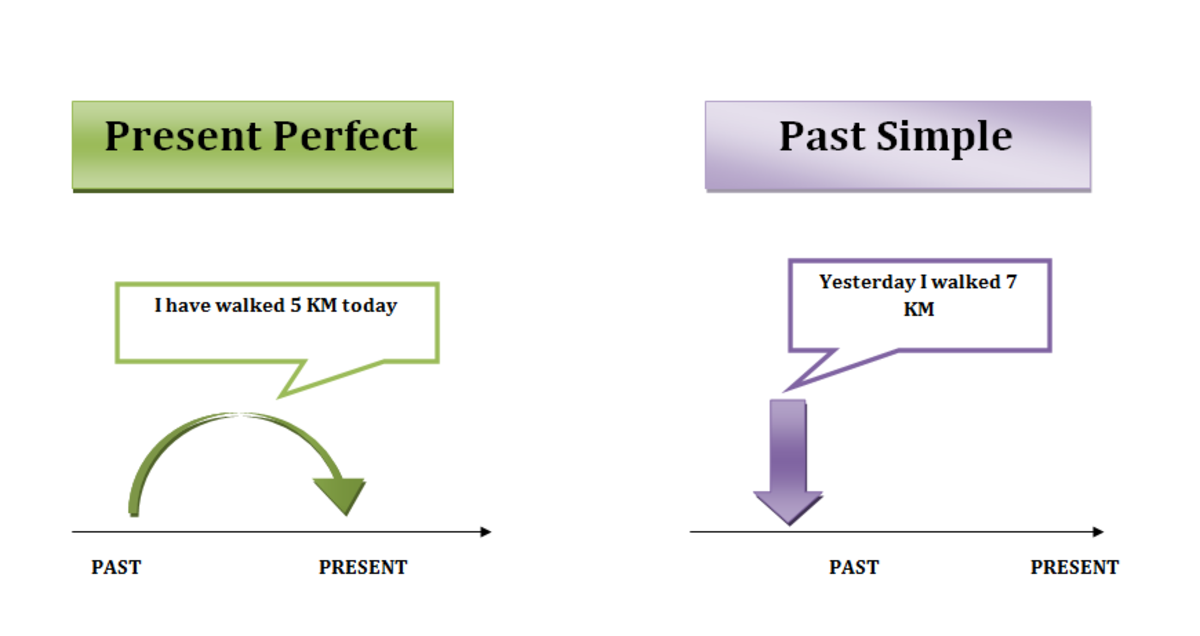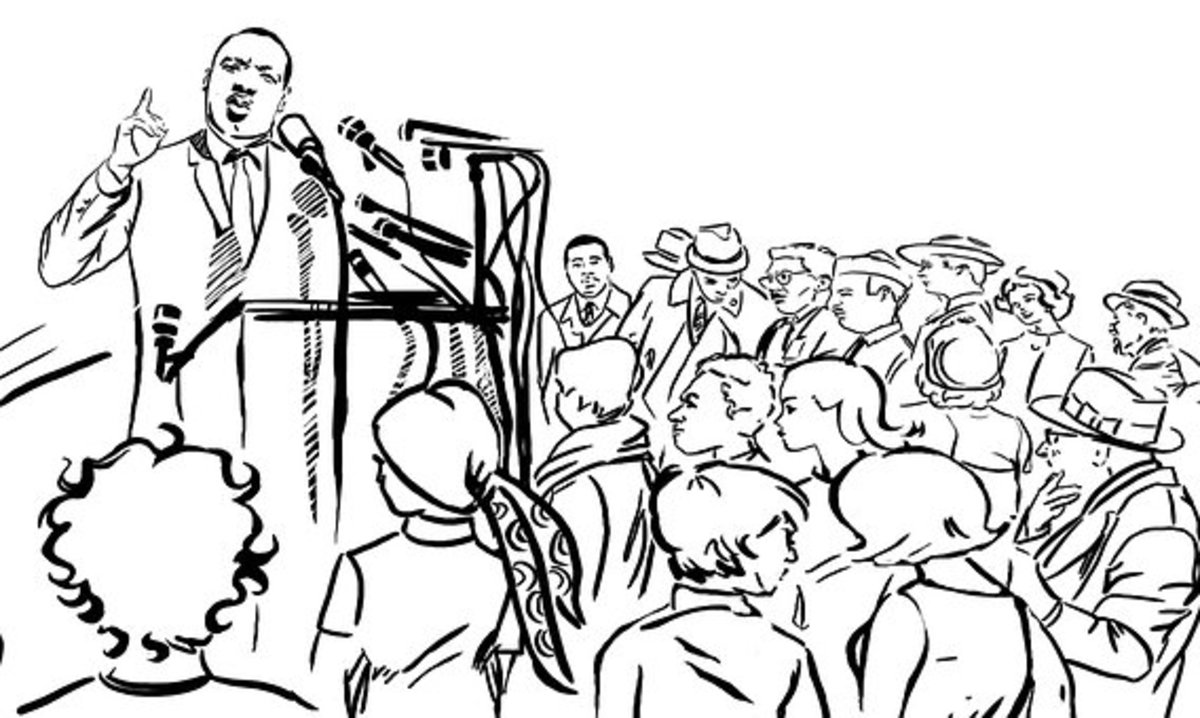ESL – What are the Future Tenses in English?

How do we talk about the future in English? Well, that really depends on what we want to say. This area of English can be difficult for ESL students to master. In this article I outline the 7 tenses, their structures, the differences and examples of each.
Future Simple
- Predictions based on no present evidence – Sandra’s not here yet, but she’ll probably have the fish.
- Requests – Will you shut the door?
- Facts – The storks will come back in the spring
- Offers to help – I’ll help you study
- Decisions made on the spur of the moment – You missed the bus? I’ll collect you now
- Promises – We will rebuild!
- Speculation – He’ll end up paying for the bill
- Threats - I’ll kill him!
Present Simple
- Used for timetables and schedules – The flight to Bristol leaves at 10.45am.
- Formal situations – The cathedral reopens next week.
Present Continuous
- Definite arrangements – I’m seeing my gynaecologist on Friday.
- Arrangements with no time expressions – I’m coming to see you!
Future continuous
- To communicate what will probably be happening in the present – She’ll probably be walking home already; you won’t have to collect her.
- To describe something that will be in progress at a time in the future – I’m sick of this place! I won’t be living here this time next month.
- Polite questions about people’s plans – Will Sir be expecting more guests to join his party?
- For pre-arranged activities – The Vegan Society will be meeting again next Thursday.
Future perfect
- Used to say that something will be completed by a certain time in the future – By this time next week, I will have finished all my exams.
Future perfect continuous
- We use this to describe something that will have been going on for some time in the future – By the time we all get there; we will have been walking for well over 5 hours.
To Be Going to
- Predictions based on actual evidence – You haven’t handed in any assignments this year. At this rate you’re going to fail.
- Plans – We’re going to buy a hot dog stand today
- Intentions – I’m going to change the way I do things
Future Continuous - We'll still be doing this next year

What’s the Difference Then?
Difference between Be Going To and Present Continuous
Be going To is used for future plans already made, predictions made on present evidence and intentions.
Present continuous is used for fixed arrangements and plans. Some have no time reference.
For example:
- We’re going to visit those famous temples in Cambodia.
- Look at the size of that mountain! It’s going to be a tough climb.
- She’s going to save 10 Euro a week.
- I’m meeting her at that restaurant tonight.
- I’m coming to you meet you!
Difference between Future Simple and Future Continuous
The future simple is used to convey future facts, predictions based on no evidence, promises, requests and decisions made spontaneously.
The future continuous talks about something that will be happening at a time in the future or something that is probably happening at the moment.
For example:
- They won’t be back.
- It won’t rain this week.
- I’ll be there.
- Will you ask her to give it to me?
- Well, in that case, I’ll have the red one.
- I’ll be thinking about you while you’re doing your exams.
- She’ll be running round the track this time of the day.
Speculation - They'll never repair this roof

Difference between Future Simple and Be Going To
The future simple is used to communicate future facts, predictions based on no evidence, promises, requests and decisions made immediately.
Be Going To is used for future plans already made, predictions made on present evidence and intentions.
These 2 cause a lot of confusion for students as they are quite interchangeable. The main differences are: when a decision or offer is spontaneous, you use Will/Won’t. If predictions have some obvious base of evidence you use Be Going To, with no evidence you use Will. If a plan has been made in advance use Be Going To.
For example:
- The shop assistant just told me they have size 12 shoes in black and white, so I think I’ll take the black ones.
- I feel really dizzy; I think I’m going to pass out.
- Chelsea will win this match.
- Are you going to bring your boyfriend to that party?
Difference between Future Simple and Future Perfect
The future simple is used for predictions based on no evidence, promises, requests and decisions made spontaneously.
The future perfect is used to say that something will be completed by a certain time in the future.
For example:
- They will be here tomorrow.
- She won’t be ready in time.
- They will have been married for a year by this time tomorrow.
- We will have finished the course work by next week.
How to Form the Future Tenses
Future Simple
| ||||
|---|---|---|---|---|
+
| Subject
| Will
| Base form
| |
-
| Subject
| Will not
| Base form
| |
?
| Will
| Subject
| Base form
| |
Future Continuous
| ||||
+
| Subject
| Will
| Be
| Present participle
|
-
| Subject
| Will not
| Be
| Present participle
|
?
| Will
| Subject
| Be
| Present participle
|
Future Perfect
| ||||
+
| Subject
| Will
| Have
| Past participle
|
-
| Subject
| Will
| Not have
| Past Participle
|
?
| Will
| Subject
| Have
| Past partiple
|
Future Perfect Continuous
| ||||
+
| Subject
| Will
| Have been
| Present participle
|
-
| Subject
| Will
| Not have been
| Present participle
|
?
| Will
| Subject
| Have been
| Present participle
|
Be Going To
| ||||
+
| Subject
| Am/Is/Are
| Going to
| Base form
|
-
| Subject
| Am/Is/Are not
| Going to
| Base form
|
?
| Am/Is/Are
| Subject
| Going to
| Base form
|
Present Simple
| ||||
+
| Subject
| Base form
| ||
-
| Subject
| Base form negative
| ||
?
| Interrogative auxiliary
| Subject
| Base form
| |
Present Continuous
| ||||
+
| Subject
| Am/Is/Are
| Present participle
| |
-
| Subject
| Am/Is/Are not
| Present participle
| |
?
| Am/Is/Are
| Subject
| Present participle
|
Other Teaching Hubs
© 2013 Muttface








